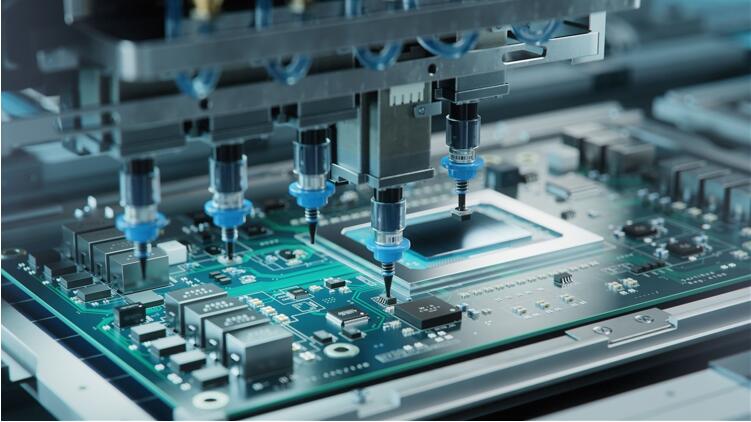What is Epoxy Resin?
Epoxy resins are a type of polymer that is known for their strong adhesive properties and resistance to heat and chemical damage. They are created through a reaction between an epoxide resin and polyamine hardener. The hardener acts as a catalyst and helps to create the final polymer. Epoxy resins are used in a broad range of applications including coatings, adhesives, laminates, molds, and other uses in the industrial, automotive, and marine sectors.
Epoxy Resins: The Road to a Greener Future
At Alfa Chemistry, we always strive for a harmonious balance between industry and environment. With a distinct vision towards sustainability, we believe that bio-based Epoxy Resins signify a positive pathway towards this goal. These unique resins, derived from renewable resources, not only address environmental concerns but also meet the inexorable demands of tech advancement.
A Sustainable Solution: Bio-Based Epoxy Resins
Unlike traditional petroleum-based epoxy resins, bio-based resins derive from renewable biological resources such as vegetable oils and other natural organic compounds. Utilization of these renewable resources aids in lower carbon footprint while presenting a sustainable material alternative. With a carbon footprint 40% lower than traditional counterparts, this bio-based epoxy resin is a remarkable move towards a greener drive underlining its potential in catering the future demands.
Exploring the New Frontiers: Novel Applications of Epoxy Resins
While traditionally being extensively used in the manufacturing of various industries such as coatings, adhesives and composite materials, epoxy resins have embarked on new application avenues.
In the realm of electronics, epoxy resins provide excellent insulation and heat resistance, making them an essential component in Printed Circuit Boards (PCBs). Exceptional properties such as high mechanical strength and excellent adhesion allow epoxy resins to epitomize the expectations set by the rapid pace of technological advancements. Besides that, incorporation of epoxy resins even in floor finishings and dental work is a testimony to their sheer versatility.
Epoxy Resin Composite Materials
Epoxy resin composite materials are widely used in the industry due to their high performance characteristics such as good mechanical properties, excellent chemical resistance, adhesion, and heat resistance. These materials are made up of two components; the epoxy resin itself, which is a thermosetting polymer, and a curing agent or hardener.
When considering mechanical properties, epoxy resins are known for their excellent strength, durability, and high level of resistance against deformation. These properties allow epoxy resins to be used in situations where high strength and durability are required, such as in the manufacture of aerospace components, automotive parts, and sporting goods.
Moreover, epoxy resins exhibit outstanding chemical resistance, making them suitable for applications such as coatings and linings for storage tanks, pipes, and other containers handling reactive chemicals. This chemical resistance extends to solvents, acids, alkalis, and even salts, making epoxy resins a prime choice for a variety of industrial applications.
Adhesion is another valuable property of epoxy resin composite materials. They have an excellent ability to stick to a wide range of substrates, from metals to plastics, and even concrete or wood. This makes them ideal for use in applications such as bonding, potting, and encapsulating.
Epoxy resins also offer superior heat resistance. Even under high temperatures, these materials maintain their physical and mechanical properties, making them an ideal choice for applications that require long-term heat resistance. This makes them popular for use in electronics and electrical applications.
It is important to note that the characteristics of epoxy resin composite materials can be altered by modifying the conditions of the production process and adding different fillers or reinforcements. This versatility in tailoring the material's properties is another reason for their wide use across various industries.





Comments